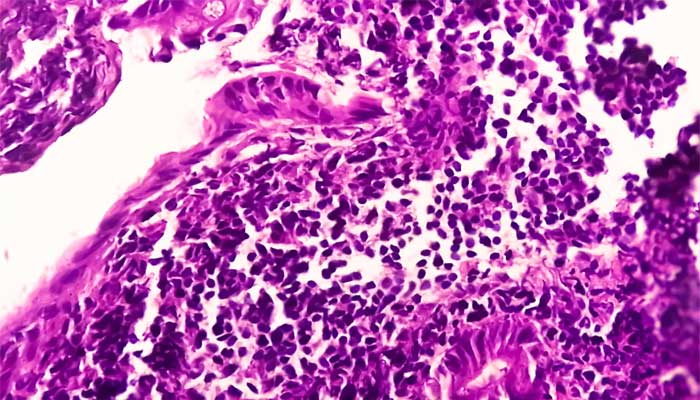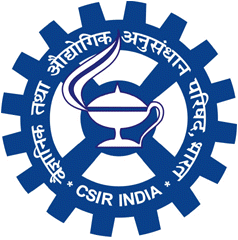Treatments Focus
Celiac Disease

Do you know, up to six to eight million people in India are affected by Celiac disease? This condition is also known as Celiac sprue or gluten sensitive enteropathy, is an immunological reaction (your body’s reaction to foreign substance like virus, fungus or bacteria) to gluten (protein present in wheat, rye and other grains).
When you eat gluten, your immune system targets your own tissues. This reaction destroys the lining of your small intestine over time, preventing it from absorbing certain nutrients. This intestinal damage can lead to serious complications.
Symptoms of Celiac Disease:
The signs and symptoms of celiac disease differ in children and adults. Most of the adults with celiac disease have symptoms unrelated to digestive system. For example:
Anaemia
(iron deficiency)
Osteoporosis
(loss of bone density)
Mouth ulcers
Itchy skin rash
Numbness and tingling
in hands and feet
Digestive symptoms in adults and children include:
Fatigue
Diarrhoea
Nausea and vomiting
Constipation
Abdominal pain
Gas and Bloating
Pale, foul smelling stools
Swollen belly
Weight loss
Types of celiac disease:
Based on the kind of symptoms, celiac disease is divided into five types-
- Classic– Occurs in children between 6 to 24 months of age. It is characterised by symptoms of malabsorption.
- Non-classic– Includes variety of symptoms and is more common than classic celiac disease.
- Silent– Silent celiac disease has no symptoms.
- Potential- It has a normal small bowel biopsy and positive serum markers.
- Refractory sprue– This condition is divided into 2 groups: primary (when you do not have good response to gluten free diet) and secondary (when you have good response to gluten free diet).
Testing and diagnosis:
Many celiac disease patients are unaware of their condition. It can be diagnosed using two blood tests: Serology and gene testing.
Your doctor will recommend either endoscopy or capsule endoscopy, if the blood test results indicate celiac disease. This helps to analyse for damage to villi by viewing your digestive tract.
Treatment for celiac disease:
Following a strict gluten free diet heals villi in your small intestine and cause symptoms to resolve. Gluten free diet can also help prevent future complications and malignancies. A dietician will help you follow healthy gluten free diet. Consuming even small amount of gluten can damage your intestine.
FAQ's :
Celiac disease is a genetic disorder through HLA (human leukocyte antigen) gene. HLA genes are disease associated genes. You must have either the HLA-DQ2 or HLA-DQ8 genes, to develop celiac disease. Genes along with environmental triggers like stress, illness, surgery, pregnancy, etc, develops the disease
Celiac disease is more common in people who have a family history of it. This means that if you have a family (blood relation) who has celiac disease, you are more likely to get it. Up to 10% of family relatives of celiac disease patients develop this autoimmune disorder.
Yes, genetic testing is available and is beneficial for family members and relatives of people diagnosed with celiac disease. This test examines your DNA and can tell the changes (mutations) in the disease-causing genes.
Foods that contain gluten include: Wheat, Barley, Rye, Semolina, Graham flour, Malt, Pasta, cereals, Processed food or preservatives, Modified food starch, etc.
References:
- Celiac disease. Mayo Clinic. https://www.mayoclinic.org/diseases-conditions/celiac-disease/diagnosis-treatment/drc-20352225 Accessed on 25-03-2022.
- The genetics of celiac disease: A comprehensive review of clinical implications. PubMed. https://pubmed.ncbi.nlm.nih.gov/26194613/ Accessed on 25-03-2022.
- MAGI2 Gene Region and Celiac Disease. Frontiers in Nutrition. https://www.frontiersin.org/articles/10.3389/fnut.2019.00187/full#h5 Accessed on 25-03-2022.
- Coeliac UK. https://www.coeliac.org.uk/information-and-support/coeliac-disease/about-coeliac-disease/causes/genetics/ Accessed on 25-03-2022.
- Celiac disease. Medline Plus. https://medlineplus.gov/genetics/condition/celiac-disease/#inheritance Accessed on 25-03-2022.
- Celiac disease. National Institute of Diabetes and Digestive and Kidney Disease. https://www.niddk.nih.gov/health-information/digestive-diseases/celiac-disease/symptoms-causes Accessed on 25-03-2022.
- What is Celiac Disease. Beyond Celiac. https://www.beyondceliac.org/celiac-disease/facts-and-figures/ Accessed on 25-03-2022.
Related Articles
Book an Appointment to understand how GenepoweRx can help you in treating
Celiac Disease
Meet The Doctors
Dr Kalyan Uppaluri
Dr Hima Challa
Your genetics … Your Test ... Your Health Success
It’s always the word of mouth that’s the best advice. Here are some of our…


Our Partners






Professional Partnerships
Government Association

